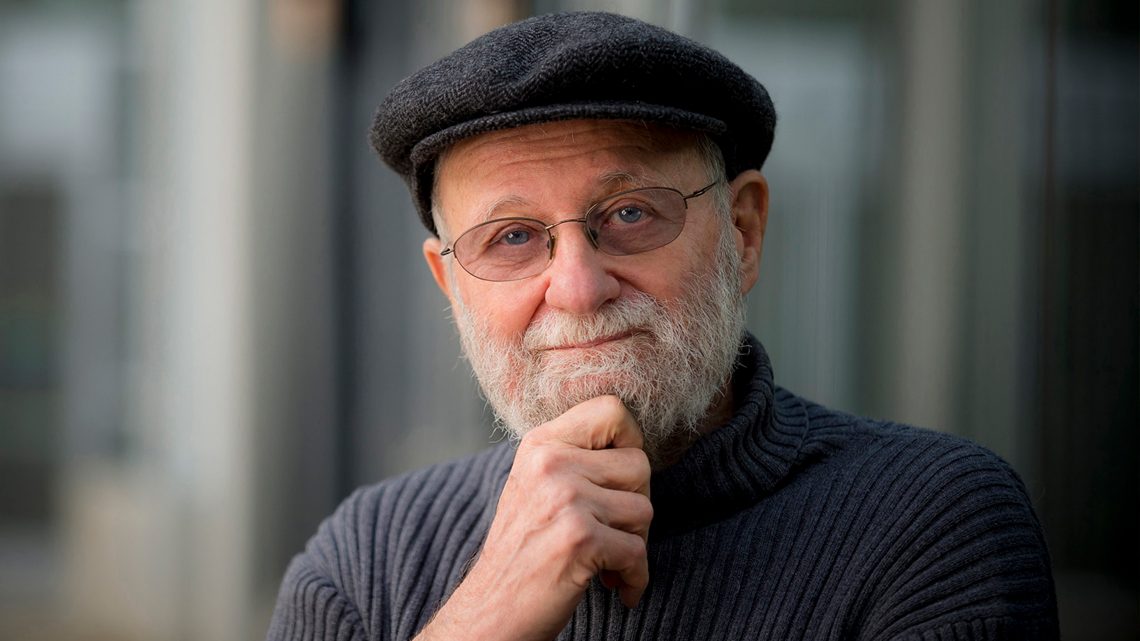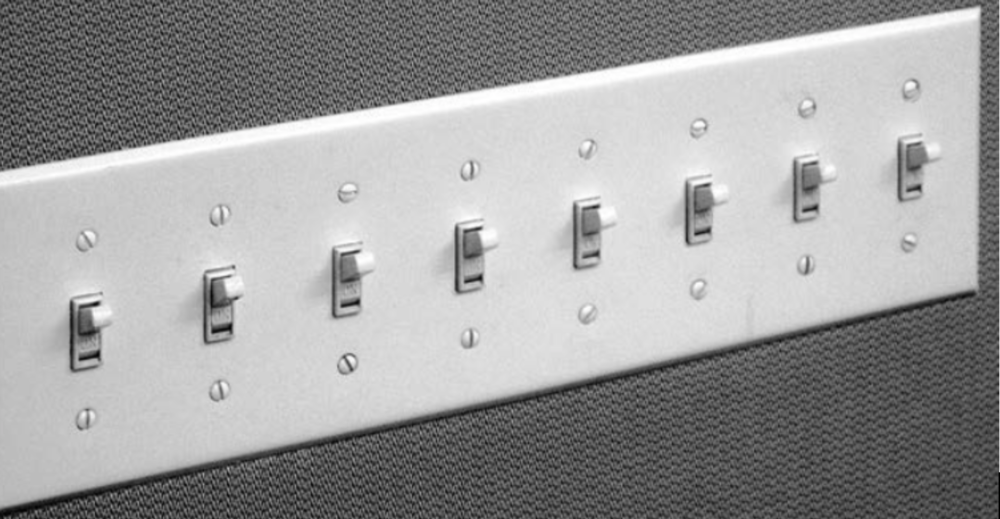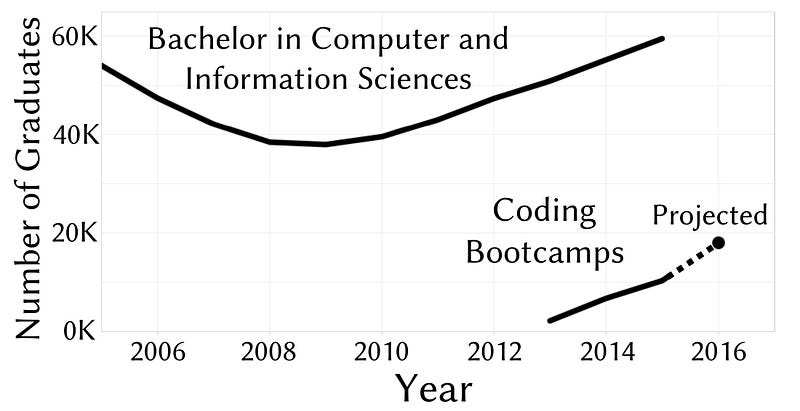In nowadays when machine learning has become more popular, most of us already heard about driverless-cars. Tesla provides that kind of functionality in their models, google is testing theirs, uber’s already killed one pedestrian and there’s a few other car manufactures that are implementing it into their products.
Picture 1: Google self-driving car
(https://static01.nyt.com/images/2012/10/28/automobiles/28JPSELF/28JPSELF-jumbo.jpg)
History of self-driving cars is a bit longer, because the first one was developed in 1977, it could reach speed of 30 kilometers per hour. It was using two cameras that were interpreting white street markers, the same idea is used in newer cars also.
The first question that we should ask is why do we need this kind of cars? The First reason is that we could use it for really long paths, instead of hiring a driver that will drive a few days from one point to another, lets make a computer do it without the need to sleep, eat or use toilet. It should let us save a few hours, which can lead to fresher food and lowering the cost of transportation. The second one and a lot more important is an increase in people’s safety. According to the World Health Organization in 2013, more than a billion people died in car accidents that year all over the world. Last year in Poland almost 3 thousand people died in car accidents and almost 45 thousand were injured. Those numbers are really big and by using driver-less cars we could lower it by 90%, as computers are always focused on their tasks, it doesn’t feel tired and has a lot faster reaction time than humans do. In our country it could also help getting rid of drunk drivers.
Picture 2: Percentage of traffic fatalities
(https://3h308wkqnxzfmr3r2xse3b16-wpengine.netdna-ssl.com/wp-content/uploads/2016/05/Screen-Shot-2016-05-26-at-4.58.05-PM.png)
At the begging when we will have both driver-less cars and normal cars, we will still have some of accidents mostly because of human errors, but when all cars will be driven by computers, accidents that involve both cars should happen only because of mechanical errors like broken brakes, a tire being blown etc. Still, those situations could take place and in case of that we should be prepared. Here we have to think about the ethics of a driverless-car. Imagine a situation that you are in an autonomous car as a passenger, your brakes are not working and the computer has to decide: run
through pedestrians and kill 3 people or hit the wall that will lead to killing the driver and a passenger. In most cases you will answer that the computer should always choose less harm, but would you buy a car with knowledge that it will kill you when needed? More about that problem could be watched in this TEDx video:
If you have some spare time, please use the moral machine mentioned in this video that you can find here:
http://moralmachine.mit.edu/
Would you buy a driverless car for yourself?
What should the computer prioritize when making decisions?
Do you think that common use of autonomous cars will kill some of the job positions like a taxi driver or lorry drivers?
Who should we blame when a car crashes because of some bug in a code? A programmer, the
company that sold the product or maybe let clients know what is the risk of that and don’t let them
blame anyone?
Sources:
Picture 1: https://static01.nyt.com/images/2012/10/28/automobiles/28JPSELF/28JPSELF-jumbo.jpg
Picture 2: https://3h308wkqnxzfmr3r2xse3b16-wpengine.netdna-ssl.com/wpcontent/
uploads/2016/05/Screen-Shot-2016-05-26-at-4.58.05-PM.png
Video: https://www.youtube.com/watch?v=tb-WdVA4_bo
WHO statistic: http://www.who.int/gho/road_safety/mortality/traffic_deaths_number/en/
Polish police statistics: http://statystyka.policja.pl/st/ruch-drogowy/76562,Wypadki-drogoweraporty-
roczne.html







